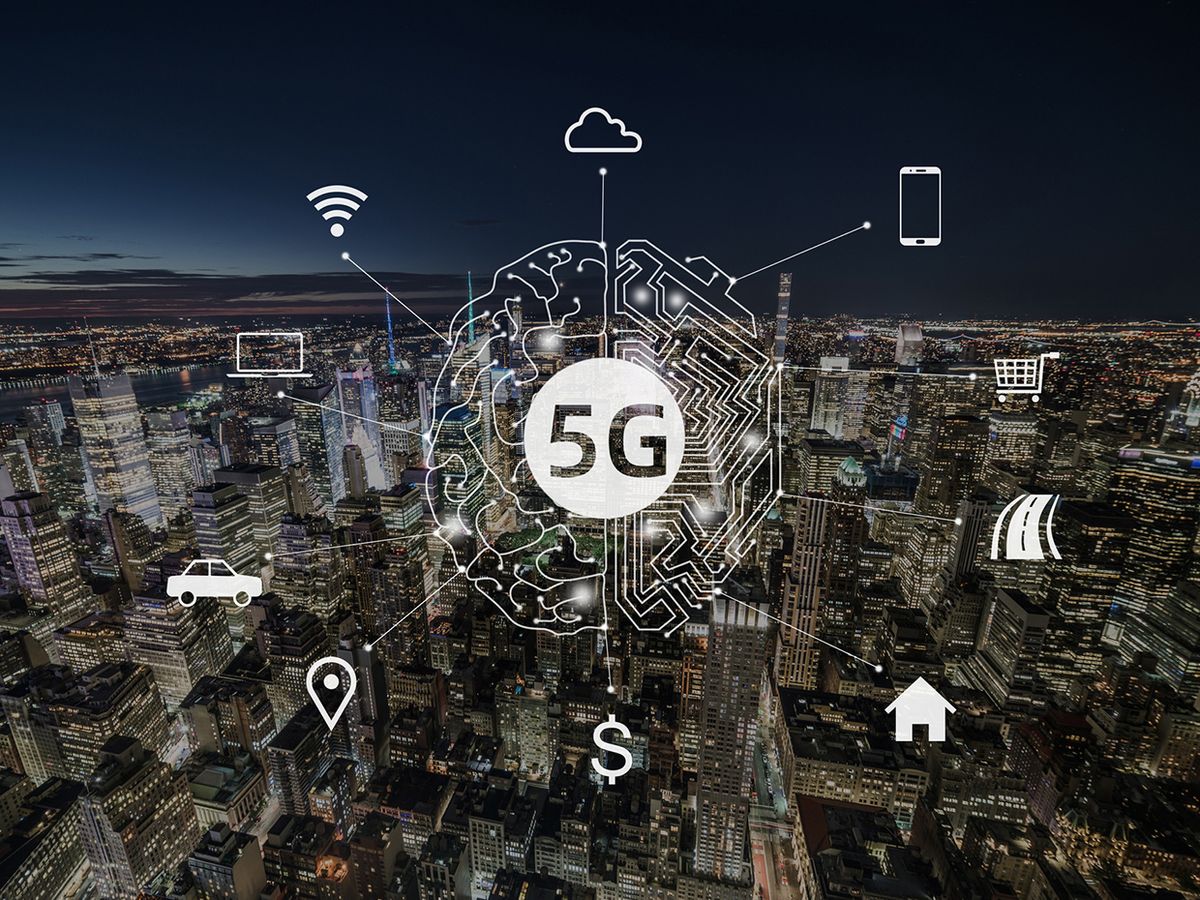THE INSTITUTE Although 5G is poised to replace LTE for cellular communications, its base stations require about three times as much power. That is one challenge identified by members of the IEEE Future Networks Initiative in “7 Experts Forecast What’s Coming for 5G in 2020,” a round up of predictions for the technology. The initiative, an IEEE Future Directions program, is helping to pave the way for 5G.
“As more operators push 5G from demonstration sites into wider deployment, 2020 is going to be the year that power efficiency moves to the center of the conversation,” says IEEE Fellow Earl McCune, cochair of the initiative’s hardware working group
“To operate profitably, the 5G industry requires a sea change in transmitter radio frequency efficiency.” McCune is chief technology officer for Eridan, a company that builds extremely efficient radio hardware for 5G, based in Mountain View, Calif.”
“Later this year could see the deployment of 5G-enhanced mobile broadband networks for portable devices used in malls, convention centers, and sports arenas, says IEEE Senior Member David Witkowski, cochair of the initiative’s deployment working group.
Witkowski is the founder and CEO of Oku Solutions and serves as executive director of the Wireless Communications Initiative at the nonprofit Joint Venture Silicon Valley, both based in San Jose, Calif.
IEEE Fellow Rod Waterhouse, cochair of the initiative’s publication working group, says areas of interest this year include the role satellites will play, vehicle-to-everything communication, and virtual medical care. Waterhouse is the CTO of Octane Wireless, in Hanover, Md.
Witkowski and Waterhouse both predict debates will continue over whether 5G will have harmful effects on humans and the environment. Overcoming such fears will require a deliberate response from industry, governments, and medical academia, Witkowski says.
Kathy Pretz is editor in chief for The Institute, which covers all aspects of IEEE, its members, and the technology they're involved in. She has a bachelor's degree in applied communication from Rider University, in Lawrenceville, N.J., and holds a master's degree in corporate and public communication from Monmouth University, in West Long Branch, N.J.



